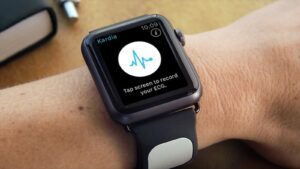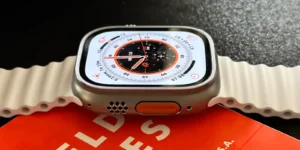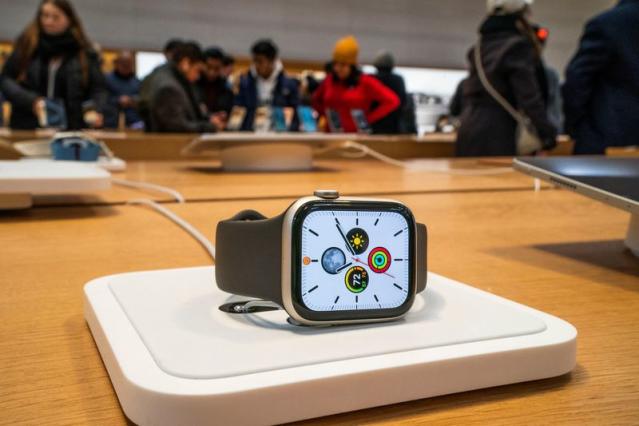In the recent legal battle between technology giants Apple and AliveCor, Apple has emerged as the winner, with the court ruling in its favor. While the details of the ruling are currently sealed due to confidentiality requests, it’s evident that the court did not find Apple guilty of engaging in anticompetitive behavior.
AliveCor had accused Apple of targeting its “SmartRhythm” app, which worked with the ECG KardiaBand, for violating App Store rules. Subsequently, the app became unusable following changes to the heart rhythm algorithm in watchOS 5.

With the introduction of the heart rate neural network (HRNN) in watchOS 5, Apple aimed to improve heart rate calculations during workouts. AliveCor claimed that Apple altered the algorithm to affect the KardiaBand, demanding continued support for the older technology compatible with the SmartRhythm app.
The court sided with Apple, agreeing that AliveCor did not have the authority to dictate Apple’s design decisions. Apple argued that complying with AliveCor’s demands would require excessive judicial oversight into its product engineering processes.
In response to the ruling, Apple emphasized that AliveCor’s lawsuit challenged its ability to innovate the Apple Watch. The court’s decision confirmed that Apple’s actions were not anticompetitive.

AliveCor expressed disappointment with the outcome and announced plans to appeal, reaffirming its commitment to protecting its intellectual property and fostering innovation.
Despite the setback, AliveCor’s core business remains unaffected, and the company remains dedicated to providing advanced portable ECG products and services to its customers.
Furthermore, Apple’s infringement of AliveCor’s patents, as determined by the International Trade Commission (ITC), remains unchanged. Appeals related to these findings will undergo further review in the Federal Circuit in the Northern District of California.
Additionally, AliveCor has initiated separate patent infringement lawsuits against Apple, alleging unauthorized replication of its cardiological detection and analysis technology. These legal proceedings are separate from the antitrust case discussed above.















































